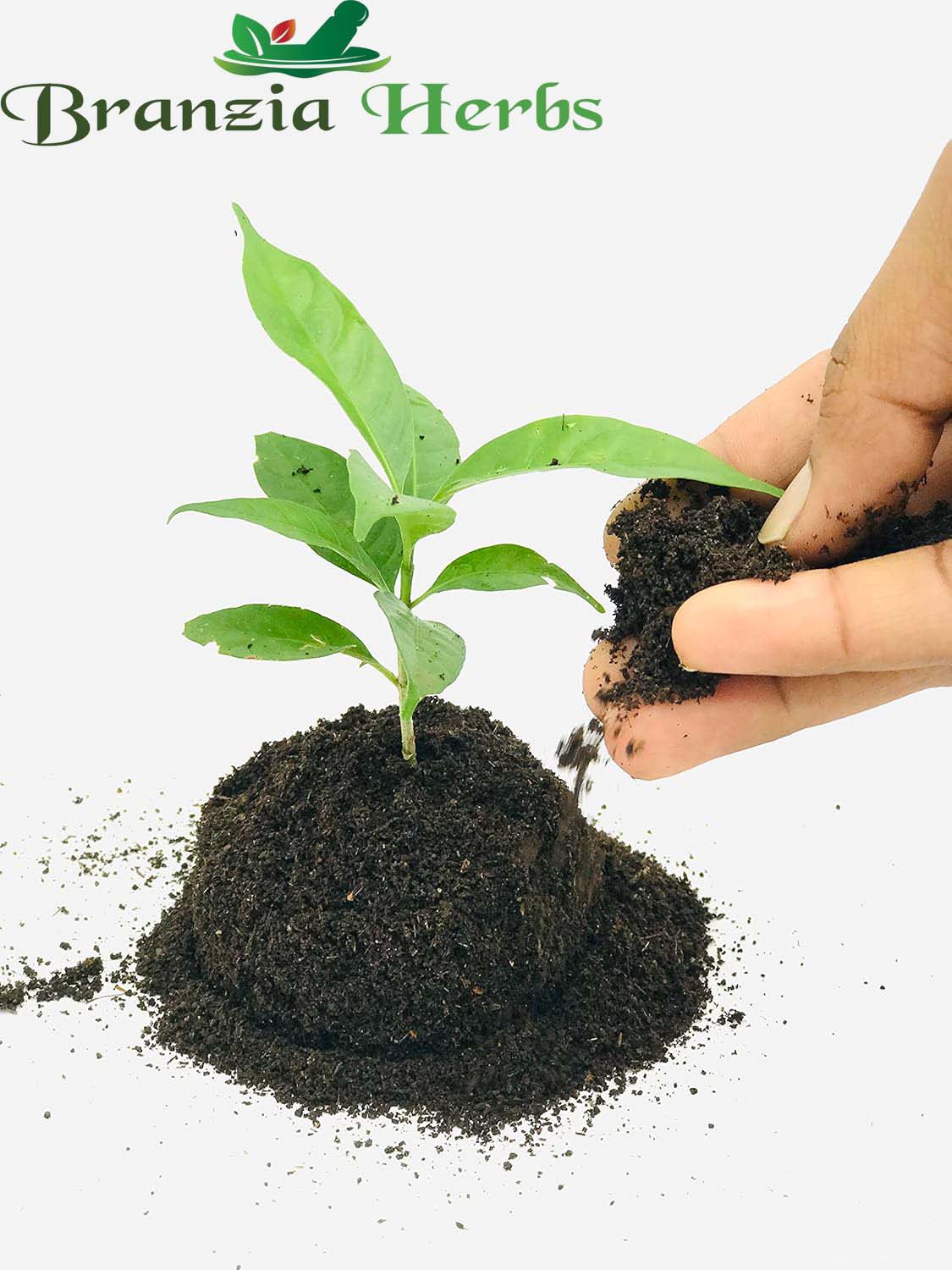Uses and Benefits
-
Culinary Uses:
-
Flavoring: Coriander seeds have a warm, spicy, and slightly citrusy flavor. They are used in whole or ground form to season a wide range of dishes, including curries, soups, stews, and pickles.
-
Spice Blends: They are a key ingredient in many spice blends, such as garam masala and curry powders.
-
Baking: Ground coriander seeds can be added to bread and other baked goods for a subtle, aromatic flavor.
-
Medicinal Uses:
-
Digestive Health: Coriander seeds are known for their digestive benefits, helping to alleviate symptoms like bloating and indigestion.
-
Anti-inflammatory: They contain compounds with anti-inflammatory properties, which can help reduce inflammation and support overall health.
-
Antioxidant: Coriander seeds have antioxidant properties that help combat oxidative stress and support immune function.
-
Blood Sugar Control: Some studies suggest coriander seeds may help in managing blood sugar levels.
How to Use Coriander Seeds
-
Whole Seeds:
-
Toasting: Toasting coriander seeds enhances their flavor. Use them in dishes where you want a burst of aromatic spice.
-
Grinding: Crush or grind whole seeds to use in spice blends or as a seasoning.
-
Ground Seeds:
-
In Cooking: Use ground coriander seeds in curries, soups, stews, and marinades. It adds a warm, earthy flavor.
-
In Baking: Add ground coriander to baked goods for a unique flavor twist.
Storage
-
Dry and Cool Place: Store coriander seeds in an airtight container in a cool, dry place to maintain their freshness and flavor.
-
Away from Light: Keep them out of direct sunlight to prevent degradation of their essential oils.
Growing Coriander
-
Planting:
-
Sowing: Sow coriander seeds directly into the soil in early spring or fall. They thrive in well-drained, loamy soil.
-
Spacing: Space the seeds about 1 inch apart to allow for proper growth.
-
Care:
-
Watering: Keep the soil consistently moist but not waterlogged.
-
Harvesting: Coriander plants typically mature in about 3-4 months. Harvest the seeds when they turn brown and dry.
Health Tips
-
Tea: Coriander seed tea can be made by steeping the seeds in hot water. It is often used for its digestive and detoxifying properties.
-
Consultation: As with any herb or spice used for medicinal purposes, it’s a good idea to consult with a healthcare professional, especially if you have any underlying health conditions.
Coriander seeds, or Utangan Beej, are a versatile ingredient with both culinary and medicinal benefits, adding flavor and health benefits to your diet.




